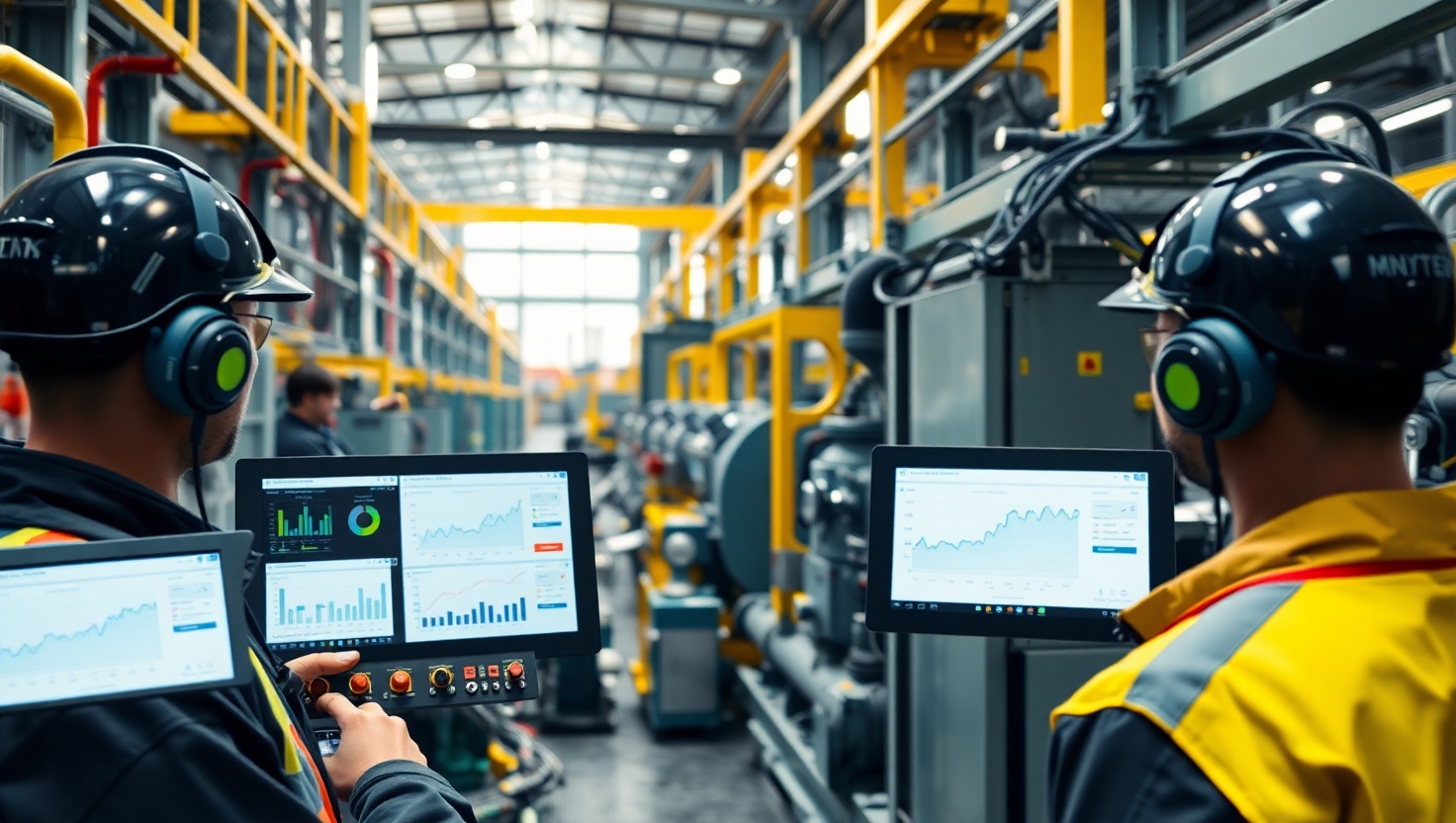AI Predictive Maintenance in Aluminium Plants: Top Solutions to Cut Downtime
Published by: ALUTimes | Date: July 18, 2025
Table of Contents
- Introduction
- The Problem with Traditional Maintenance
- How AI Enhances Predictive Maintenance
- Top AI-Powered Maintenance Tools
- The Role of Sensor Technology
- Case Studies & Industry Adoption
- ROI and Long-Term Benefits
- Challenges in Implementation
- Conclusion
- Disclaimer
Introduction
Predictive maintenance is transforming the aluminium extrusion industry. By integrating AI and machine learning into plant operations, manufacturers can forecast failures before they happen. This not only reduces downtime but also improves equipment life and plant productivity. This article dives deep into how AI-driven predictive maintenance is implemented in aluminium plants today.
The Problem with Traditional Maintenance
- Reactive repairs lead to production stoppages
- Manual inspections are inconsistent and slow
- Unexpected breakdowns raise repair and overtime costs
- Difficulty predicting wear in extrusion presses and dies
How AI Enhances Predictive Maintenance
AI and ML models monitor patterns in equipment behavior. They analyze real-time sensor data to identify anomalies and trigger alerts before critical failures occur.
- Predicts breakdowns with 85-95% accuracy
- Monitors vibration, heat, and electrical signals
- Schedules maintenance only when needed
- Reduces maintenance costs by up to 30%
Top AI-Powered Maintenance Tools
Some of the most popular tools in aluminium extrusion plants include:
- IBM Maximo: AI-driven asset monitoring and anomaly detection
- Siemens MindSphere: Industrial IoT with predictive insights
- Uptake: Real-time performance and predictive analytics
- PTC ThingWorx: AI-powered maintenance alerts and dashboards
The Role of Sensor Technology
Sensors are at the heart of predictive systems. They collect and transmit data from:
- Extrusion press bearings and rams
- Die heating and cooling units
- Hydraulic systems
- Conveyor and cutting units
This data feeds into AI algorithms that model degradation trends and flag early signs of failure.
Case Studies & Industry Adoption
Global Aluminium Pvt Ltd: After deploying AI sensors, press downtime dropped by 40% in 6 months.
Jindal Aluminium: Implemented a Siemens-based AI platform, boosting equipment uptime by 22% annually.
Novelis Inc: Reduced unexpected failures by 58% across three North American extrusion plants using IBM Maximo.
ROI and Long-Term Benefits
- Improved Overall Equipment Effectiveness (OEE)
- Minimized unplanned outages
- Lower spare parts inventory costs
- Increased operator safety through proactive alerts
- Longer lifespan of dies and press components
Challenges in Implementation
- High initial setup cost of sensors and software
- Need for skilled staff to interpret AI insights
- Resistance from traditional maintenance teams
- Data integration across old and new machinery
Conclusion
Predictive maintenance powered by AI is no longer futuristic—it’s essential. For aluminium extrusion plants seeking efficiency, safety, and cost savings, AI offers a clear path forward. Investing in these technologies now prepares companies for an increasingly data-driven, competitive manufacturing environment.
Disclaimer
This article is intended for informational purposes only. Consult technology providers and industrial experts before deploying predictive maintenance systems in your facility.

